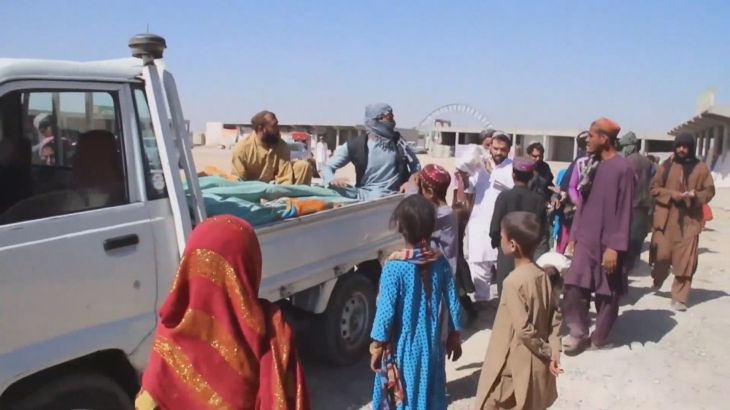
What’s next for Afghanistan’s economy under Taliban rule?
Billions of dollars of Afghanistan’s financial reserves have been frozen in the US as international aid also put on hold.
Afghanistan is the world’s seventh poorest country and mostly relies on aid. Now, its economic prospects look bleaker.
The United States has frozen $9.5bn of Afghanistan’s international reserves held in its central bank.
Keep reading
list of 3 itemsWhat can we expect from Taliban 2.0?
Trillions in Afghanistan, US guns in Mexico and banning dowries
And the International Monetary Fund (IMF) has suspended payment of more than $450m for Afghanistan as part of a coronavirus relief programme.
More financial measures are likely to be imposed by Western capitals as they put pressure on the Taliban leadership.
They have promised to form an inclusive government and ensure the nation will not become a safe haven for other armed groups.
The international community says it is waiting to see how this will be implemented on the ground.
Many warn that without international recognition and donations, the group might not be able to govern and pay salaries.
So, will the measures mostly affect the Afghan people?
Presenter: Mohammed Jamjoom
Guests:
Haroun Rahimi – Assistant professor of law at the American University of Afghanistan
Marvin Weinbaum – Director of Afghanistan and Pakistan studies at Middle East Institute, Washington, DC
Klisman Murati – Founder and CEO of Pangaea Wire Group, a geopolitical consultancy